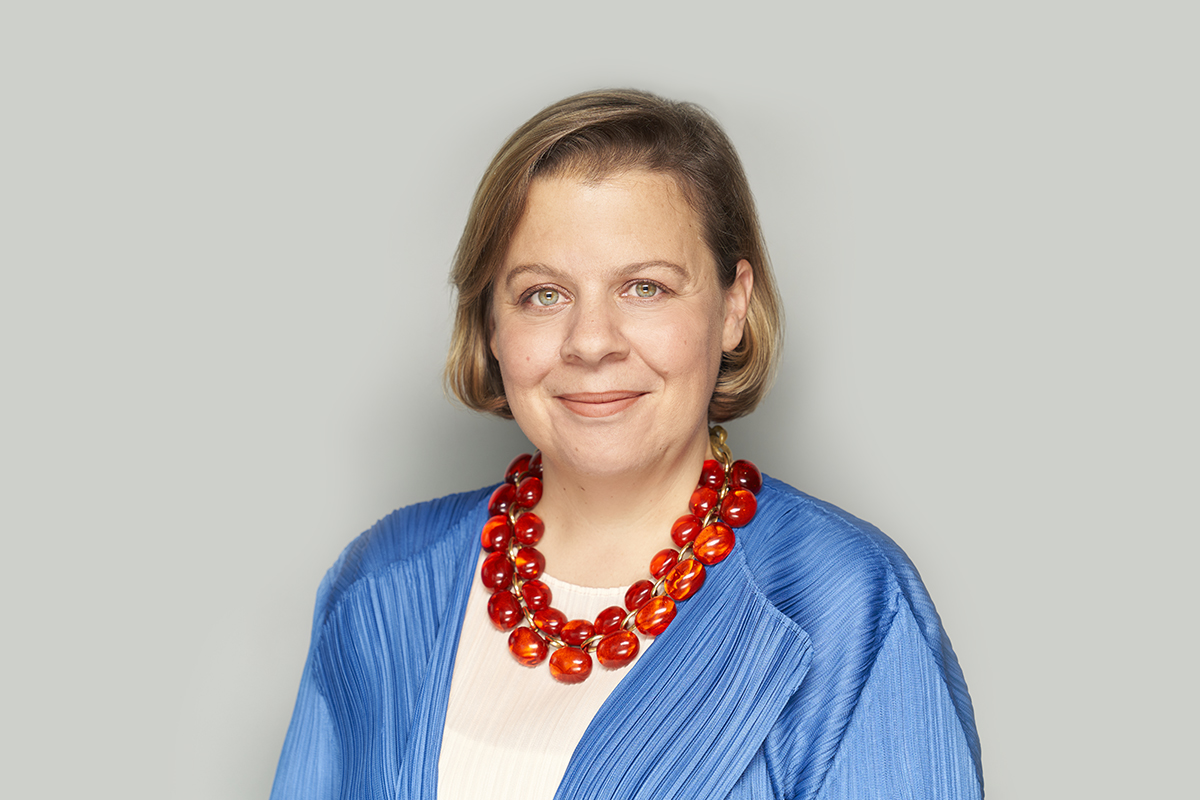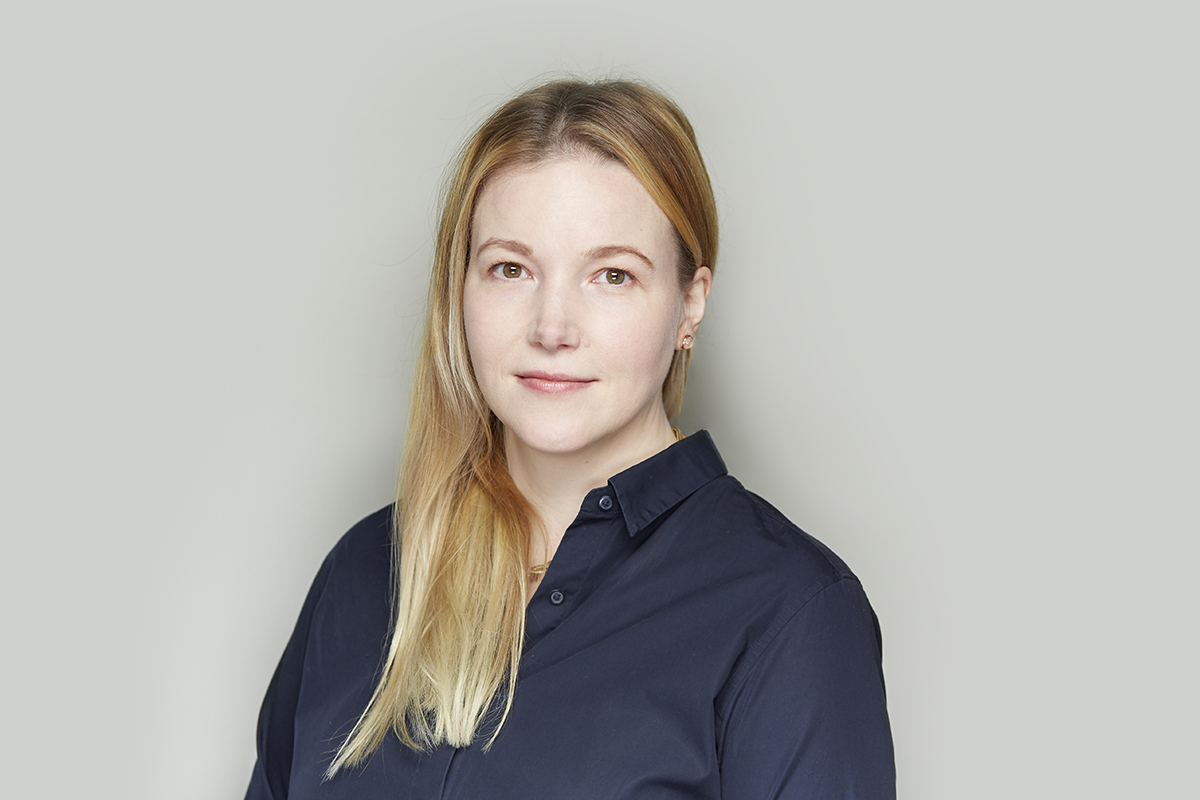What can we learn from Yvon Chouinard?
Written by
The news that the founder of Patagonia, Yvon Chouinard, had given away 100% of his shares in the company – settling 100% of the voting rights in the Patagonia Purpose Trust and transferring 100% of the economic rights to a non-profit organisation, the Holdfast Collective – rightly grabbed the headlines in September for being a great philanthropic legacy, and one that could make a meaningful contribution in tackling world environmental problems.
However, for private client professionals, it also highlighted the increasing popularity of non-UK purpose trusts and foundations in both philanthropic and family legacy-planning.
Yvon Chouinard founded Patagonia in 1973 with a mission “to use business to inspire and implement solutions to the environmental crisis”. Having such a clear purpose that has continued to this date, alongside strong corporate values, provided Yvon and his family with a great starting point to reassess what to do next – do we transition the business down to the next generation and, if so, for what purpose? We have no real insight into the process Yvon went through with his family to achieve this ultimate philanthropic shareholding structure, but having family buy-in to such a change would have been critical.
Family alignment around purpose and values with the business and wealth is the most important foundation for successful succession planning. Structures such as purpose trusts are then the best legal tools to effect and maintain this legacy, and here achieved the following objectives:
- By splitting the economic rights and the voting rights, Yvon was able to ensure that control of the company would not become fragmented after his lifetime through multiple family members owning shares directly. This could have otherwise impacted his planned legacy with Patagonia over the long-term.
- Transferring the economic rights into the Holdfast Collective reinforced to the business that its purpose is to generate profit for environmental purposes over the long-term, and not grow the wealth of the shareholders – it is a truly purpose-led business from the top to the bottom.
- The purpose trust owning the shares will have to make a number of shareholder decisions relating to the commercial success of the company, with the environmental purpose as their guiding star at all times.
The purpose trust becomes a critical governing structure within the Chouinard family, and it will likely need to be supported by other family governance tools such as family constitutions, family councils and next generation education to help sustain the legacy. But why is a purpose trust the vehicle of choice here? Depending on the jurisdiction in which purpose trusts are established, selling points include the following:
- A purpose trust can have a ‘charitable purpose’ or, as tends to be more attractive to families who may have broader philanthropic intentions but whose objectives do not fall within the ambit of charitable purposes under local law, a non-charitable purpose. Such causes may be humanitarian, environmental or ecological, although they are generally required to not be contrary to public policy.
- The trust is generally set up to achieve a designated purpose, rather than benefit a group of beneficiaries. The purpose trust will be a bespoke instrument, which can be tailored to reflect the specific objectives of the family in transferring the voting shares to the trust – for example, the purpose could include a definition of and protection of the governance structure of the business to maintain the environmental legacy.
- Family members may sit on the board of the trustee of the purpose trust or alternatively act as Enforcer, whose duty it is to enforce the terms of the trust in relation to its stated purpose, and essentially hold the trustee to account. Succession to these roles can act as a tool not just for involving the next generation, but also in terms of passing on a legacy that is not solely wealth- or asset-based, but that also reflects the family’s beliefs and principles. This can provide an opportunity to integrate the next generation into the family’s core
values as well as allowing the next generation’s perspective to be heard. - Depending on the proper law of the trust, the trust can exist for a limited period of time or indefinitely, which is attractive for many.
Jersey or Guernsey foundations are also increasingly popular vehicles for philanthropic purposes, which again allow families to support particular causes they identity with, whether or not such causes are technically charitable and whether or not they are combined with the possibility of allowing for benefit to family members or other individuals. This flexibility is clearly attractive, alongside the fact that, unlike a trust, the foundation is a legal entity in its own right, and so may be more easily recognised in other countries that do not recognise trusts.
Yvon Chouinard has said that he previously considered selling Patagonia and donating the profits or taking the company public, but decided against both options as they meant giving up control of the business and putting its value at risk. Instead, the Patagonia Purpose Trust is now the controlling shareholding in Patagonia and so, arguably, provided him with the solution he needed to maintain ongoing stewardship of the assets. Offshore jurisdictions such as Jersey and Guernsey lead the legislative charge in terms of their purpose trust and foundation offerings, but it will be interesting to see how other onshore jurisdictions compete in the future to attract further philanthropists to think and act big.
This article first appeared in the Philanthropy Impact Magazine, Issue 28, Winter 2022, published in January 2023. Download a copy of the magazine here.


